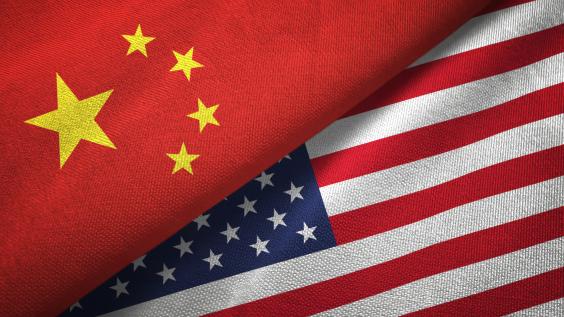The US announced visa sanctions on Tuesday against Chinese officials pursuing “forced assimilation” of children in Tibet, where UN experts estimate that 1 million children have been separated from their families.

United States On China: Visa Retriction due to “forced assimilation” of Tibetan children (Photo: Guyana Chronicle)
About United States on China, Secretary of State Antony Blinken said the US would restrict visas to Chinese officials behind the program of state boarding schools, the latest in a string of US moves against Beijing despite the restart of high-level dialogue.
According to South China Morning Post, Secretary of State Antony Blinken said “we urge PRC authorities to stop forcing Tibetan children into government-run boarding schools and to stop repressive assimilation policies in Tibet and throughout the PRC,” referring to the People’s Republic of China.
Since 2021, the US has accused China of pursuing genocide in another region, Xinjiang, using a large network of forced labor camps, according to US officials, rights groups, and witnesses. About the issue of United States on China, a State Department representative stated that the new limits will apply to current and former officials involved in the Tibet policy, but provided no other specifics, citing US visa confidentiality requirements.
In an issue of United States on China, the United States sanctioned two top-ranking Chinese officials, Wu Yingjie and Zhang Hongbo, in December for what it called extensive human rights violations in Tibet.
READ ALSO: Cost Of Living In Boston Prompts Ideas Of Bringing Back Rent Control In Massachusetts; Know More
According to the special rapporteurs, the program appears to be intended at coercively integrating Tibetans into China’s majority Han culture, with obligatory Mandarin education and little culturally relevant instruction to the Buddhist-majority Himalayan region.
In a recent published article by NDTV, in an issue of United States on China, according to a separate report released this year by UN experts, hundreds of thousands of Tibetans have been driven out of traditional rural life and into low-skill “vocational training” as a pretext for undermining their identity.
Tibet has gone back and forth between independence and Chinese domination over the centuries, with China claiming to have “peacefully liberated” the rugged plateau in 1951 and bringing infrastructure and education to the previously undeveloped province.
READ ALSO: Your Child Can Avoid Student Loan Debt And Prepare For Retirement With The Assistance Of This Magnificent Savings Plan

















































